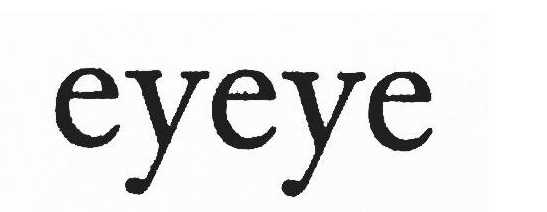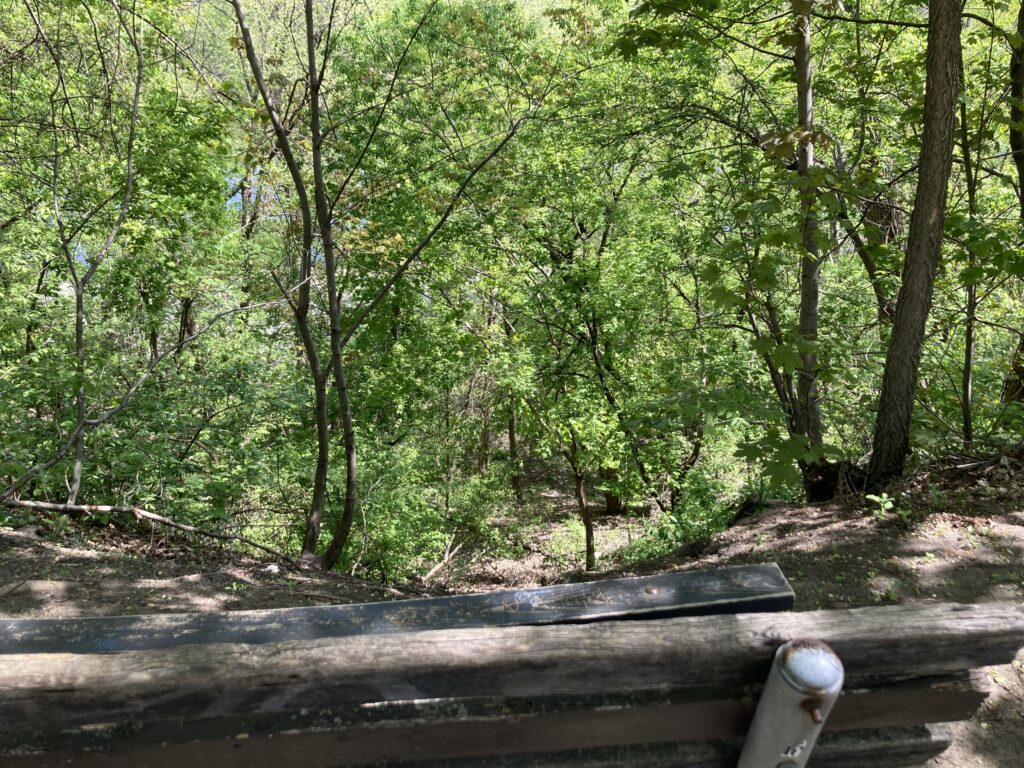4 miles
minnehaha falls and back
73 degrees
humidity: 75%
I planned to get up early and go out sooner, when it was still in the 60s, but I decided I needed sleep more, so I didn’t go out for my run until 9. Hot! I managed to stick with my plan for longer than I thought I could, and also to know when I needed to walk a little more.
10 Things
- a line of bikes — 20? — emerging from under the ford bridge to turn up the trail right in front of me — nobody called out, runner, to alert the others
- a faint spray coming off of the falls
- a group of workers — do they belong to the semis parked in front of the park building? — cooling off in the shade
- a turkey on the hidden part of the trail that dips below the road — when they saw me, they turned and almost slithered into the vegetation
- a sandbag near a drain in the grass, initially looking like a dead animal
- a faint voice below — a coxswain, I think!
- trickling water at the 44th street ravine
- the water fountain on the edge of the park does not work yet — or ever this summer? I’ll have to check again
- a tree down on the winchell trail, almost, but not quite, covering the entire trail
- a biker’s headlights cutting through the trees where the road curves
As I ran and walked, I thought about my vision tests. First, the colorblind plates. The feeling when I took the test was relief and recognition — positive feelings. Later, more mixed feelings. The loss of a language is difficult. But, failing the test is an opportunity to form a new relationship with color. How to represent that? I’m still struggling.
Second, I thought about the visual field test. I have taken it 3 times, I think — once when I was first diagnosed, once 3 years later, and just last month. You put your chin on a chin rest, press your forehead up against a bar, and look through a visor. You’re supposed to stare directly at a center dot and click a button when you see flashes in other areas of the visual field. How could I represent that in a poem?
I’d like to ask the ophthalmologist who administered my test if I could get a copy of the scan, to see exactly what my field looks like. Then, I might try to map my field onto a poem somehow — or map a poem onto my field. It could be like an erasure poem — an erasure of my own writing? Another idea: instruct the reader to keep staring into the center at the dot and try to see the words in different parts of the visual field. This one could be a series of “images” of the field with words.
As I keep thinking about these tests, here’s some more information about the visual field test.
on this day inspiration
On 1 July 2020, I posted Aram Saroyan’s famous “electric” poem:

I’ve discovered that the best work I can do now is to collect single words that happen to strike me and to type each one out in the center of a page. The one word isn’t “mine” but the one word in the center of the page is. Electric poems I call them (in case anyone starts throwing Concrete at me)—meaning that isolated of the reading process—or that process rendered by the isolation instant—each single word is structure as “instant, simultaneous, and multiple” as electricity and/or the Present. In effect the single word is a new reading process; like electricity—instant and continuous.
Aram Saroyan and the Art of the One Word Poem/ Paul Stephens
And now I’m thinking about my visual field test poetry, wondering how I might find an “electric” word to put in the center. And, could I put some related words in other parts of the field? What about a phrase?
here
I need to think more about what word/s to use. I like here, but it also seems like a place-holder for a more dynamic word. Thought about “don’t look away” or “look here” or “stare” or no word, but a dot or an x or ?
Now I’m remembering Rob Macaisa Colgate’s Hardly Creatures and his series of 3 poems: the first, the original artwork, the second was a replica, the third a souvenir. I could write a “regular/intact” poem, then condense it to fit with my visual field.
swim: 3 loops
lake nokomis open swim
83 degrees
A great swim! One of the orange buoys was missing, but they replaced it with a green one. The buoys seemed to be farther out and it took 3 tries for me to finally swim straight to the final green one. But I did; I cracked the code.
10 Things
- loose vines, wrapping themselves around me
- menacing swans
- military planes buzzing overhead — heard and seen
- a nice chat with another regular — an older women I’ve seen for a couple of years. I asked her about the course; she asked me why the water was so cold
- pale, marble legs underwater
- frog legs almost kicking me
- ghostly milfoil
- the far green buoy, nearest the little beach, always looked pale blue to me
- a squeaky nose plug, leaky goggles
- sparkle friends!

